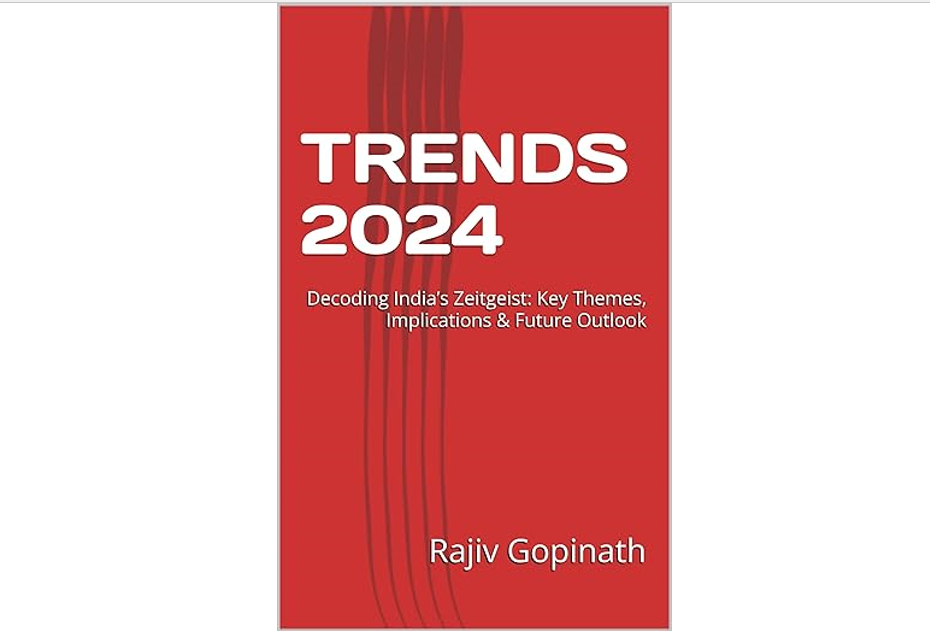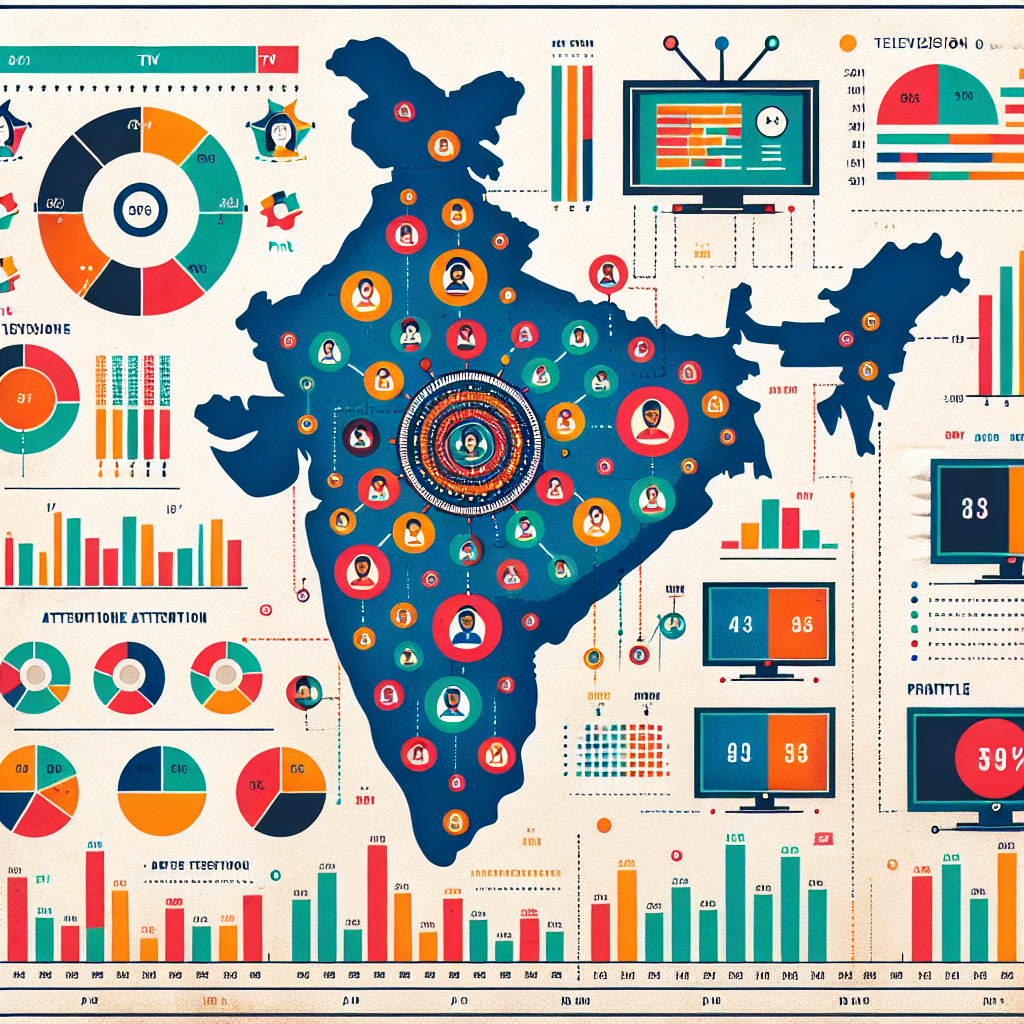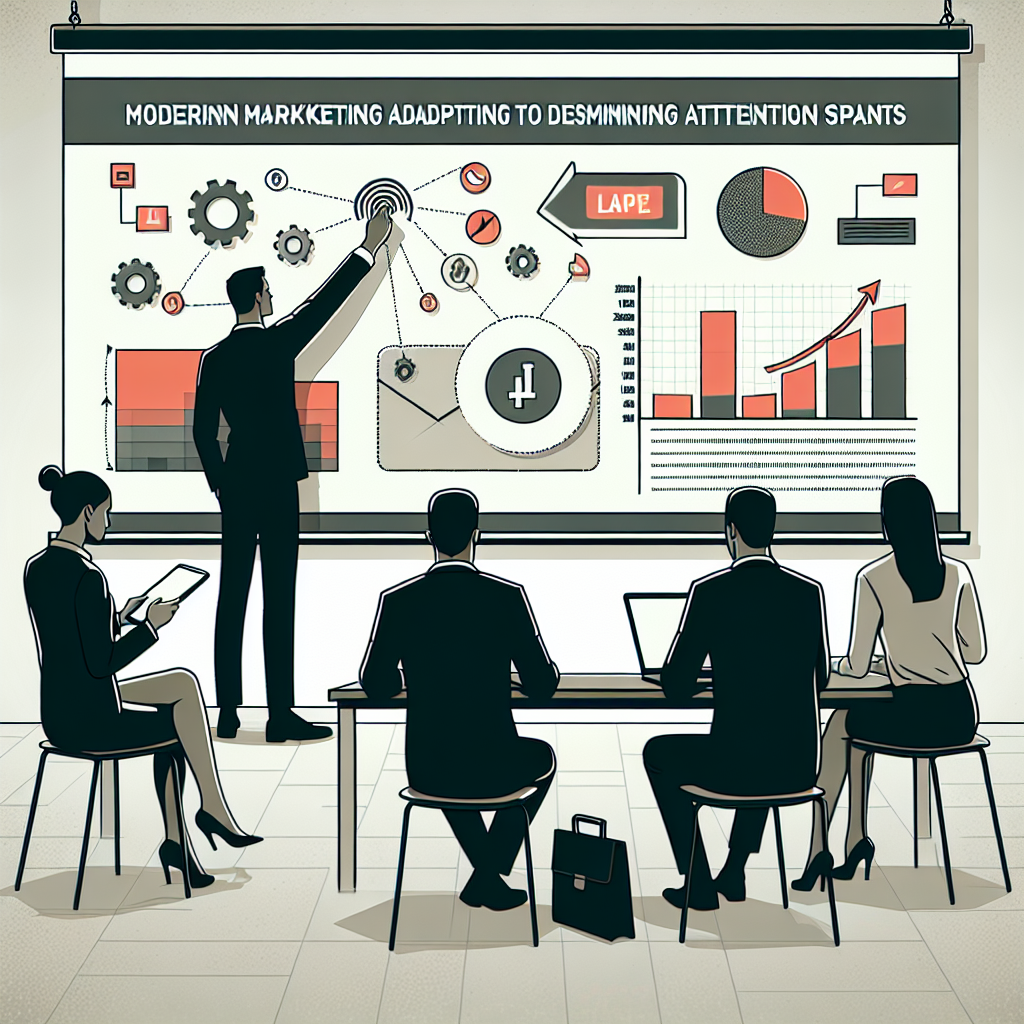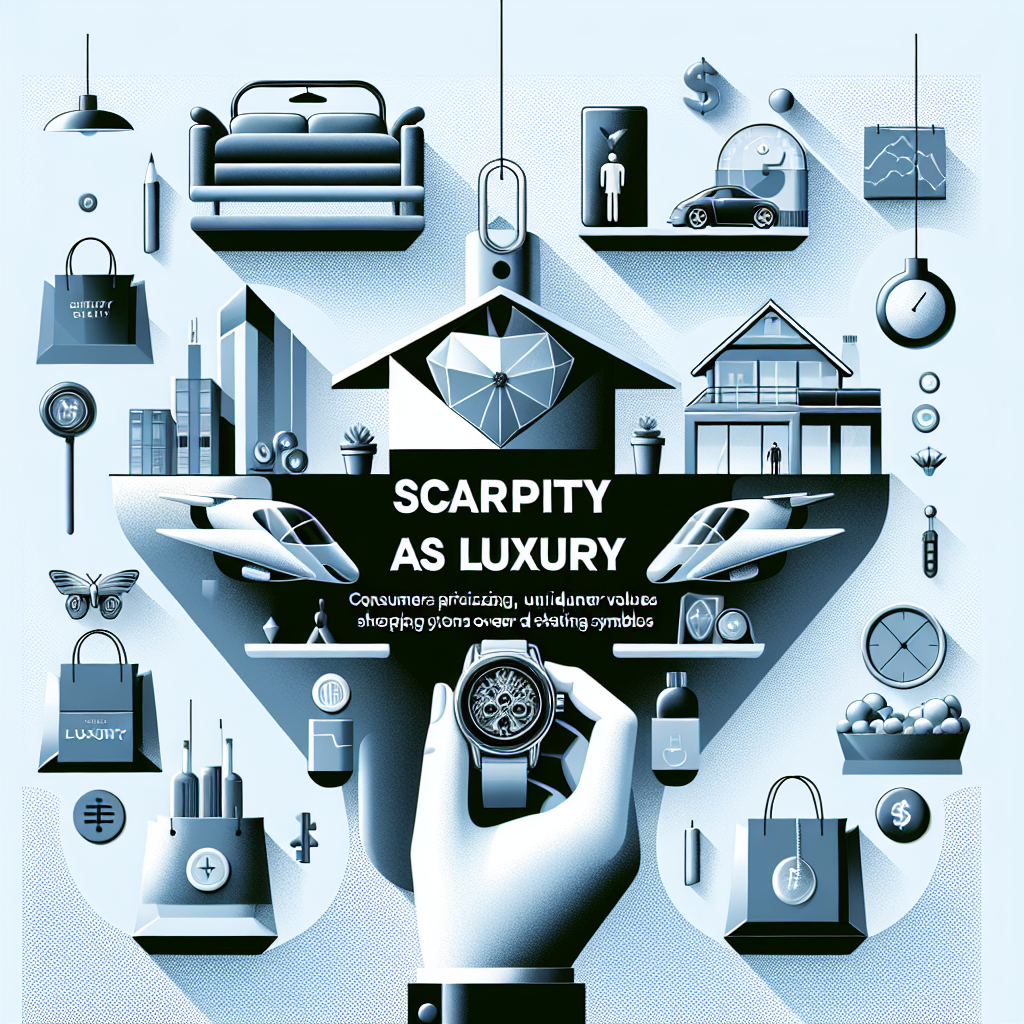Why Video Game Soundtracks Are a Goldmine for Brand Collaborations
The realization struck Noah during a late-night drive. As Spotify's algorithm served up The Last of Us main theme, he found himself instantly transported to the game's post-apocalyptic world. His fingers tightened on the steering wheel, his heartbeat quickened, and suddenly, the highway transformed into an emotional journey far beyond his mundane commute. When a Lexus commercial featuring the same haunting melody played on the radio days later, Noah experienced a visceral connection to both the game's emotional landscape and, startlingly, to the luxury vehicle brand. This moment of unexpected convergence sparked his fascination with how video game soundtracks—once considered niche entertainment elements—had evolved into powerful marketing tools that forge deep emotional connections between brands and consumers. He began to wonder: what makes these musical compositions such effective vehicles for brand messaging, and why are forward-thinking companies increasingly investing in these collaborations?
Introduction: The Untapped Potential of Interactive Audio Branding
Video game soundtracks represent a $2.6 billion market segment with extraordinary engagement metrics. Unlike passive media soundtracks, gaming music is experienced during active, immersive play sessions averaging 8.5 hours weekly per user—creating what neuroscientists call "enhanced encoding," where memories form more deeply during periods of heightened engagement.
This cognitive phenomenon explains why gaming soundtracks generate exceptional brand recall. Research from the Journal of Consumer Psychology demonstrates that musical cues experienced during interactive entertainment create memory associations 37% stronger than those formed during passive consumption.
For brands seeking authentic connections with elusive demographics, particularly Millennials and Gen Z, gaming soundtracks offer what marketing strategist Marty Neumeier terms "the sweet spot of relevance"—where brand messaging intersects with genuine consumer passion points.
1. Emotional Resonance and Memory Formation
The power of video game soundtracks lies in their neurological impact. Unlike traditional advertising music, game soundtracks are composed to trigger specific emotional responses that enhance gameplay experiences.
The adaptive soundtracks of games like "God of War" utilize leitmotifs—recurring musical themes associated with characters, locations, or emotions—that create powerful memory anchors. When Sony partnered with Spotify to release the official soundtrack, streams exceeded 60 million in the first month, demonstrating extraordinary audience engagement.
Samsung's collaboration with the composers of "Monument Valley" exemplifies this strategy in action. By licensing the game's distinctive soundscape for product launch events, Samsung tapped into what neuroscientist Daniel Levitin calls "neural nostalgia networks"—brain pathways that connect music with emotionally significant memories.
As marketing psychologist Robert Cialdini notes, "The most powerful persuasion occurs when consumers aren't aware they're being persuaded." Game soundtracks achieve this by activating emotional responses through music already encoded with positive associations.
2. Cross-Platform Audience Engagement
Gaming soundtracks offer exceptional demographic reach across diversifying audience segments.
Mercedes-Benz's partnership with the "League of Legends" World Championship included custom champion theme collaborations that reached 100 million global viewers and generated 450 million streaming impressions—accessing younger luxury consumers traditionally resistant to automotive marketing.
This approach leverages what audience researcher Nate Elliott calls "passion-point marketing"—reaching consumers through their established interests rather than interrupting unrelated activities.
Crucially, gaming soundtracks transcend traditional gaming demographics. Spotify reports that gaming music playlists are consumed by diverse audiences, with 43% of listeners identifying as non-gamers who appreciate the music independently of gameplay. This creates opportunity for brands to reach audiences beyond active players.
3. Cultural Legitimacy Through Musical Innovation
Video game music has evolved from simple electronic loops to sophisticated compositions performed by world-class orchestras, creating new avenues for brand elevation.
Louis Vuitton's collaboration with composer Qilin for "League of Legends" demonstrates this evolution. By commissioning original compositions for both in-game use and runway shows, the luxury brand achieved what cultural theorist Pierre Bourdieu terms "legitimacy transfer"—borrowing cultural relevance from gaming while lending prestige to the medium.
This bidirectional value exchange creates what marketing professor Douglas Holt calls "cultural branding opportunities"—allowing brands to participate authentically in cultural conversations rather than merely sponsoring them.
The London Philharmonic Orchestra's "Greatest Video Game Music" album, debuting at #23 on the Billboard charts, further demonstrates how gaming soundtracks have achieved mainstream cultural legitimacy, creating safe entry points for brands concerned about gaming's former niche status.
4. Technological Integration and Immersive Audio Marketing
Advances in spatial audio technology are revolutionizing how brands integrate with gaming soundtracks.
Mastercard's "sonic brand identity" was specifically engineered to function within adaptive game soundtracks, creating consistent brand recognition across varying gameplay scenarios. This investment aligns with research from audio branding consultancy Amp, showing sonic logos achieve 96% higher recall than visual logos alone when implemented within interactive environments.
Dolby's partnership with EA Sports integrated adaptive Atmos technology into sporting game soundtracks, creating what marketing technologist Scott Brinker calls "technical co-branding"—where the technological experience becomes inseparable from the brand message.
As marketing futurist Mitch Joel observes, "The brands winning in audio marketing aren't creating ads; they're creating experiences that happen to include their brand."
5. Data-Driven Composition and AI-Enhanced Soundtrack Development
The frontier of gaming soundtrack marketing lies in personalization through artificial intelligence.
Spotify's algorithm now recommends gaming soundtracks based on playing patterns detected through console integrations. This enables what data scientist Andreas Weigend calls "social data revolution opportunities"—using behavioral data to predict and influence consumer musical preferences.
Coca-Cola's experimental partnership with AI music platform Endel created adaptive soundscapes that respond to both gameplay intensity and physiological indicators like heart rate. This approach delivers what consumer psychologist Adam Ferrier terms "cognitive ease"—reducing mental friction between brand and consumer through responsive personalization.
The emerging field of "algorithmic emotional targeting" enables what composition theorist Elizabeth Margulis calls "anticipated musical fulfillment"—using data to predict exactly which musical elements will create optimal emotional responses for specific audience segments.
Conclusion: The Convergence of Gaming Audio and Brand Strategy
As gaming continues its evolution from entertainment category to dominant cultural platform, soundtracks represent an increasingly valuable territory for brand collaboration. The most successful strategies will move beyond simple licensing to create integrated musical identities that function seamlessly across gaming, advertising, and streaming contexts.
For brands targeting younger demographics, gaming soundtracks offer unparalleled engagement opportunities. However, the most sophisticated practitioners recognize that the true value lies not merely in accessing gaming audiences but in harnessing the unique emotional and neurological responses these compositions evoke.
As media theorist Marshall McLuhan famously observed, "The medium is the message." In gaming soundtracks, brands find a medium uniquely engineered to create the emotional resonance that defines successful modern marketing.
Call to Action
For marketing leaders exploring gaming soundtrack collaborations:
- Conduct neurological response testing to identify which soundtrack elements generate the strongest brand-aligned emotional responses.
- Develop cross-platform soundtrack strategies that function across gaming, advertising, and streaming contexts.
- Invest in compositional partnerships that maintain authentic connections to gaming communities while advancing brand sonic identities.
The brands that will lead the next evolution of this medium will be those who approach gaming soundtracks not as trendy marketing vehicles but as sophisticated emotional technologies with the power to forge enduring consumer connections.
Featured Blogs

TRENDS 2024: Decoding India’s Zeitgeist: Key Themes, Implications & Future Outlook

How to better quantify attention in TV and Print in India

AI in media agencies: Transforming data into actionable insights for strategic growth

How the Attention Recession Is Changing Marketing

The New Luxury Why Consumers Now Value Scarcity Over Status

The Psychology Behind Buy Now Pay later

The Rise of Dark Social and Its Impact on Marketing Measurement

The Role of Dark Patterns in Digital Marketing and Ethical Concerns








